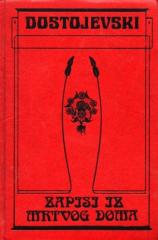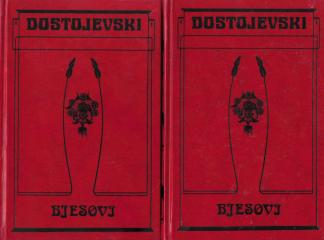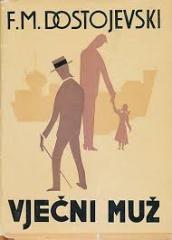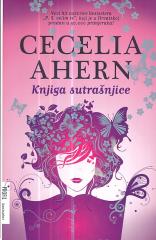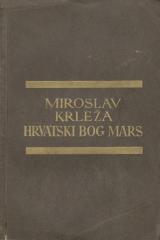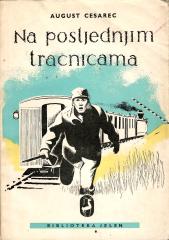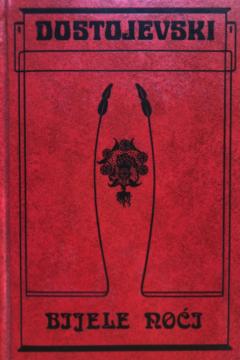
Bijele noći / Netočka Nezvanova / Mali junak / Selo Stepančikovo
The works collected in this volume reflect Dostoevsky's early phase, with a focus on psychological depth, social criticism, and complex emotions, foreshadowing the themes that would dominate his later masterpieces.
White Nights (1848) is a romantic novella about a lonely dreamer in St. Petersburg who, during the "white nights", meets Nastenka, a girl waiting for her lover. Their nightly conversations give rise to a tender connection, but the dreamer's love remains unrequited as Nastenka returns to her fiancé. The work explores themes of loneliness, unrequited love and longing, with a poetic depiction of the atmosphere of St. Petersburg.
Netochka Nezvanova (1849) is an unfinished novel about a girl Netochka, an orphan who grew up in poverty. The story follows her childhood, her relationship with her stepfather, a violinist obsessed with art, and later life in a wealthy family where she deals with jealousy and complex relationships. The novel explores trauma, art and the fate of women, but remains fragmentary because Dostoevsky interrupted work on it after his arrest.
The Little Hero (1849) is a novella written during Dostoevsky's imprisonment in the Peter and Paul Fortress. It tells the story of an eleven-year-old boy who experiences his first love for an adult woman during a summer vacation in the countryside. Through the boy's perspective, Dostoevsky subtly depicts the awakening of feelings, innocence, and complexity of emotional maturation, with hints of the social conventions that constrain them.
One copy is available
